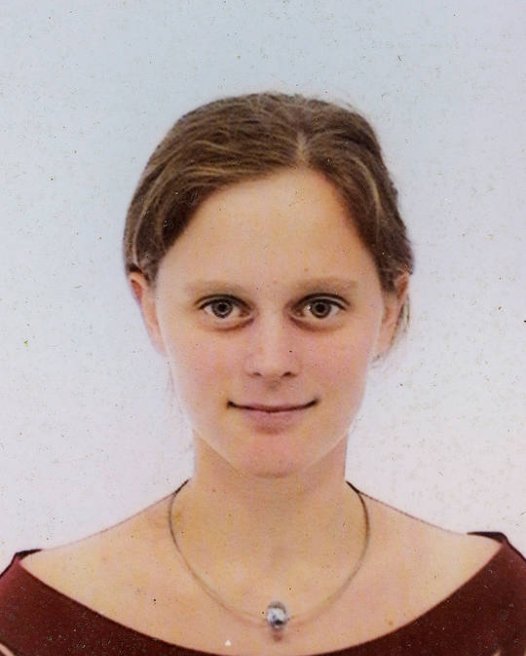Playtopia
We imagine that kids from different backgrounds have different futures, but what do kids imagine for themselves? Love and Capitalism is a documentary essay grounded in the director’s dilemma about how to raise her son in a global society where money matters more and more. The film explores how children express different understandings of our world and the future. Set in a vast white laboratory, children co-create their ideas of today’s society, putting up a mirror to the values we are passing on to them and showing us a new way of existing: the digital world. Using live collage sequences, interviews, footage shot by kids, and a magical object, The Time Machine, the film documents how we are, or perhaps are not, preparing children for what’s coming. Are we engineering our children to succeed in the global system? And if so, is it a system that will ensure or destroy their future?
Kaprálová
Vítězslava Kaprálová, a gifted Czech composer, left her country in 1937 to study at École Normale de Musique in Paris. Despite her premature death a few years later, at the age of 25, Kaprálová's legacy includes numerous scores and compositions. Through her personal letters, we gain insight into her dynamic personality, from her initial excitement in the bustling city to moments of loneliness, anxiety, gender inequality, and homesickness amplified by historical events.
The films primary setting is the École Normale. The historic building has scarcely changed since Kaprálová's time, with the same corridors, classrooms, and an international mix of students. Current conducting students are embarking on a journey to study Kaprálová's compositions, written during her time in Paris. We follow the entire process of learning her scores and the discussions about Kaprálová's legacy that students have with their teachers, with a particular focus on the female conducting student, Bianca Maretti.
The film serves as both a cinematic dialogue between history and the present in the world of classical music and a space for reflection on gender issues that remain relevant decades later.
The films primary setting is the École Normale. The historic building has scarcely changed since Kaprálová's time, with the same corridors, classrooms, and an international mix of students. Current conducting students are embarking on a journey to study Kaprálová's compositions, written during her time in Paris. We follow the entire process of learning her scores and the discussions about Kaprálová's legacy that students have with their teachers, with a particular focus on the female conducting student, Bianca Maretti.
The film serves as both a cinematic dialogue between history and the present in the world of classical music and a space for reflection on gender issues that remain relevant decades later.
